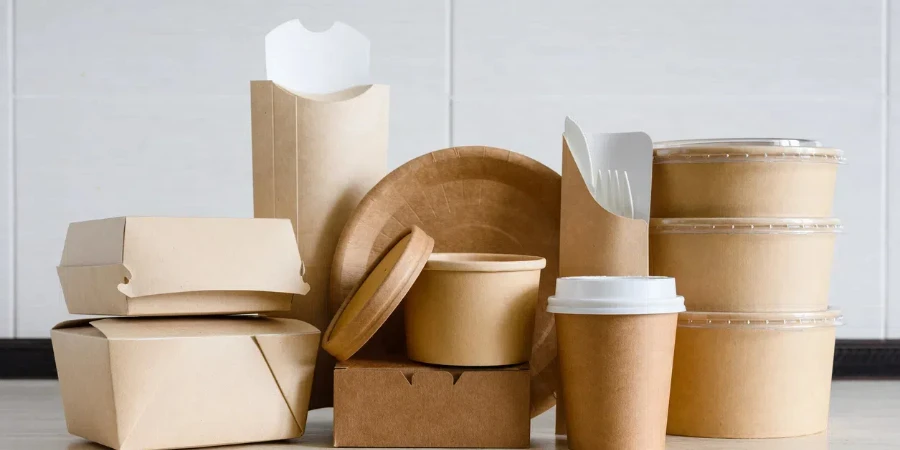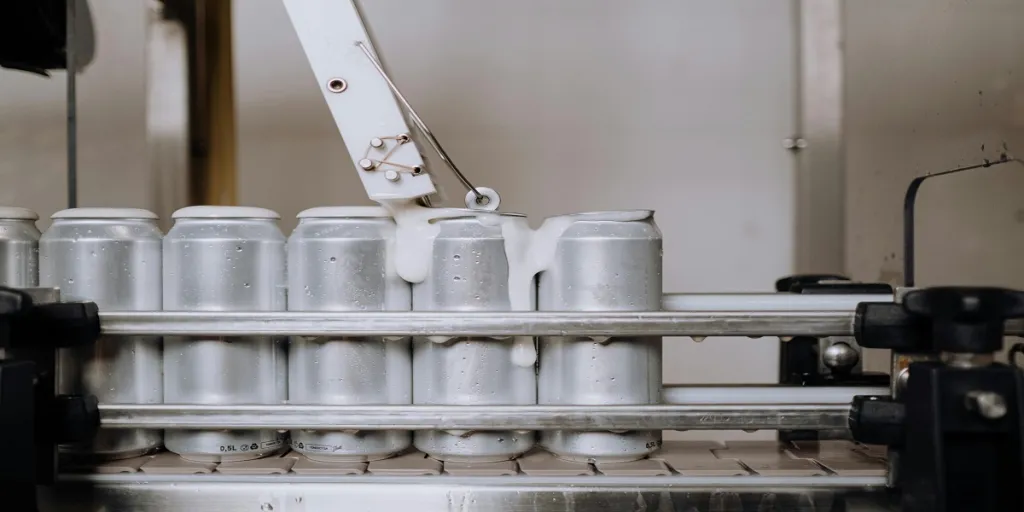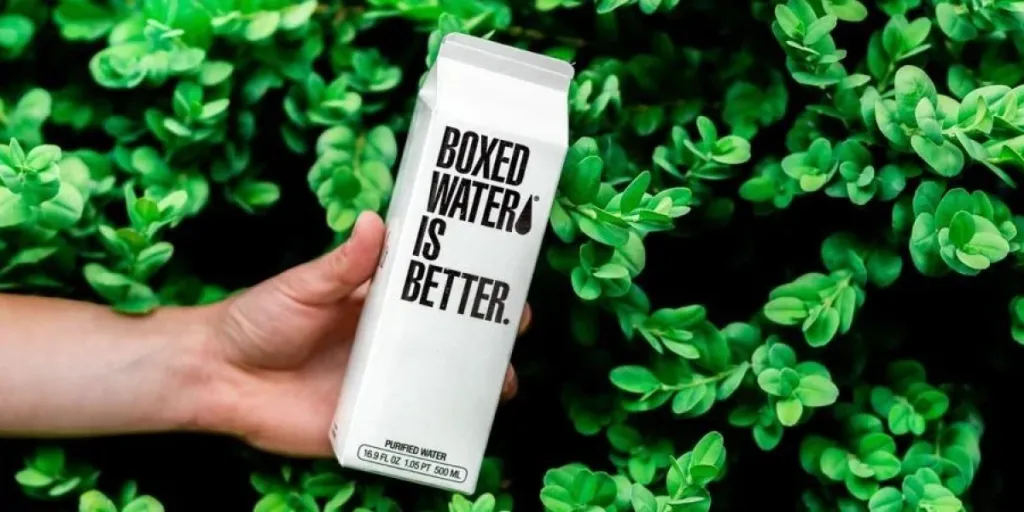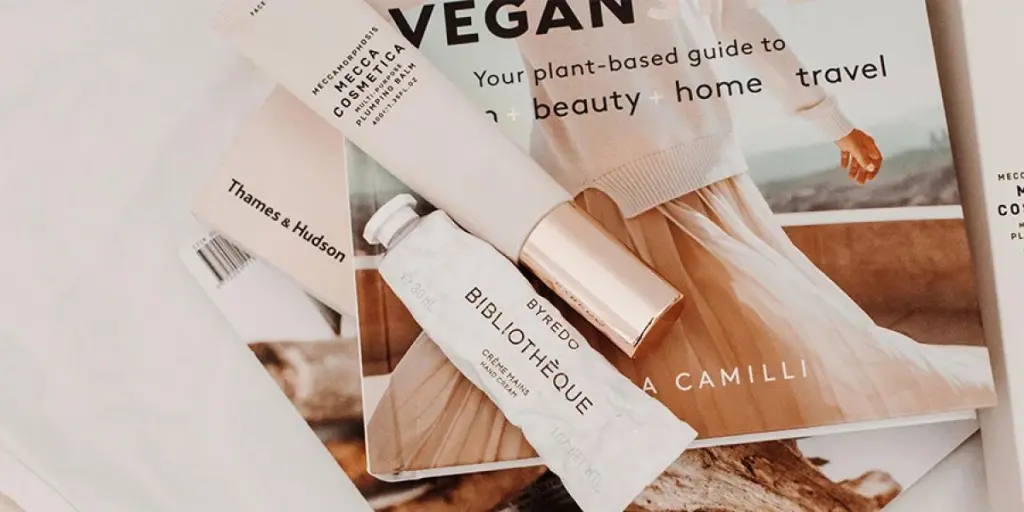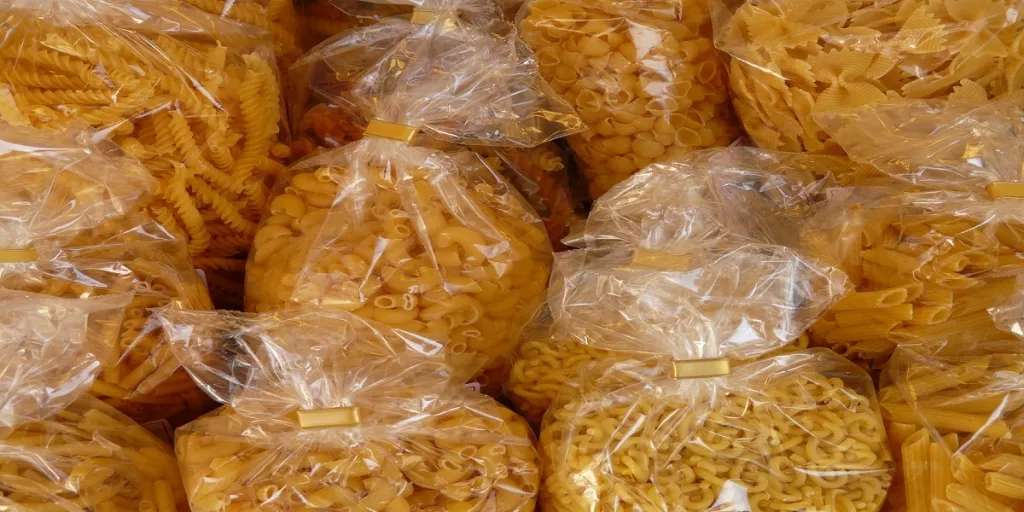With continued innovations in design and materials, folding cartons are poised to play a significant role in the ongoing transition away from plastics.

As environmental concerns surrounding plastic waste continue to escalate, there has been a global shift towards more sustainable alternatives in packaging.
Among the frontrunners in this movement are folding cartons, which are emerging as a viable substitute for plastic, particularly in sectors such as food packaging.
The trend towards adopting folding cartons over traditional plastic packaging is not just a response to consumer demand for greener solutions, but also driven by advancements in materials technology and a growing recognition of the economic and environmental benefits of using renewable resources.
This article delves into the growing prominence of folding cartons in plastics substitution, particularly within the food industry, and explores the factors driving this shift.
The push for sustainable packaging solutions
For years, the conversation around plastic packaging has been dominated by concerns about waste, environmental degradation, and the challenges of recycling.
With plastic being a major contributor to pollution, the packaging industry is under increasing pressure to find more sustainable options.
According to a recent report by NOA (Packaging Market Research), governments, industries, and consumers alike are recognising the need to move away from plastic packaging to greener alternatives, with a specific emphasis on materials that are easily recyclable or biodegradable.
One of the most notable shifts has been the rise of folding cartons. Traditionally used for products such as cereal boxes, folding cartons have now found their place in food packaging, taking over from plastic containers for items like ready-to-eat meals, snacks, and beverages. The main reason for this is that folding cartons offer several environmental advantages over plastics.
For instance, folding cartons are typically made from paperboard, which is renewable and biodegradable, offering a much lower environmental footprint compared to plastic.
They are also highly recyclable, with a large portion of paper-based packaging being recycled into new products. This recyclability is particularly important as it aligns with global recycling targets and efforts to promote a circular economy in packaging.
The fact that paperboard can be sourced from sustainably managed forests only adds to its appeal in the shift away from plastics.
Innovations in folding carton design and performance
Folding cartons have come a long way from their traditional uses. Innovations in carton design and material coatings have opened up new possibilities for packaging applications.
For food packaging that requires a liner, for example, new water-based barrier coatings have been developed to prevent leakage and preserve product freshness, making them viable replacements for plastic-laminated cartons or plastic containers.
These innovations have played a critical role in boosting the appeal of folding cartons as a substitute for plastics in the food industry.
Furthermore, the versatility of folding cartons has made them suitable for a variety of food products. While their traditional use in dry foods like cereals and snacks is well-known, modern folding cartons are now being adapted for more complex applications.
They are increasingly used for perishable items that require a barrier to moisture and air, such as dairy products, frozen meals, and even beverages.
This adaptability is a key factor in the growing adoption of folding cartons as they can be tailored to meet the specific requirements of different products.
Notably, manufacturers are able to use materials that maintain the integrity of the packaging while remaining lightweight, an important consideration in reducing transportation-related emissions.
Consumer preference and market demand
Consumer demand for more sustainable products is perhaps the most significant factor driving the rise of folding cartons. Consumers are more environmentally conscious than ever, with many preferring products that are packaged in materials that are recyclable or made from renewable resources.
The rise of eco-consciousness is evident in the increasing demand for packaging that doesn’t contribute to plastic waste, and folding cartons, with their easy recyclability and biodegradability, fit the bill.
In fact, a study by the Sustainable Packaging Coalition found that 74% of consumers consider the environmental impact of packaging when making purchasing decisions.
This has led companies across various sectors, particularly in food and beverages, to reassess their packaging materials and opt for more sustainable options, such as folding cartons.
Major brands have already begun to make the switch. For example, global beverage company Coca-Cola has pledged to reduce its plastic usage and increase its reliance on sustainable packaging alternatives, including folding cartons.
The growing popularity of folding cartons is also reflected in the market’s rapid expansion. According to research, the global market for folding cartons is expected to reach $120 billion by 2027, with food and beverages accounting for the largest share of this growth.
This trend highlights how folding cartons are becoming an increasingly mainstream choice, driven by both consumer demand and industry recognition of their sustainability advantages.
The future of folding cartons and plastics substitution
The future of folding cartons as a substitute for plastic packaging appears promising. Continued innovation in materials and design will likely enhance the performance of folding cartons in even more packaging categories.
With pressure from governments to reduce plastic usage and increasing consumer expectations for eco-friendly solutions, the adoption of folding cartons is poised to grow further.
Furthermore, advances in recycling infrastructure and increased consumer awareness of packaging waste will further fuel the demand for folding cartons. As more businesses embrace these eco-friendly alternatives, the packaging landscape will continue to evolve, contributing to a more sustainable future.
Ultimately, folding cartons are leading the way in plastics substitution, offering a sustainable, versatile, and consumer-preferred alternative to traditional plastic packaging.
With ongoing innovation, market demand, and the drive for environmental responsibility, the rise of folding cartons marks an important step in the broader movement towards greener, more sustainable packaging solutions.
Source from Packaging Gateway
Disclaimer: The information set forth above is provided by packaging-gateway.com independently of Alibaba.com. Alibaba.com makes no representation and warranties as to the quality and reliability of the seller and products. Alibaba.com expressly disclaims any liability for breaches pertaining to the copyright of content.
